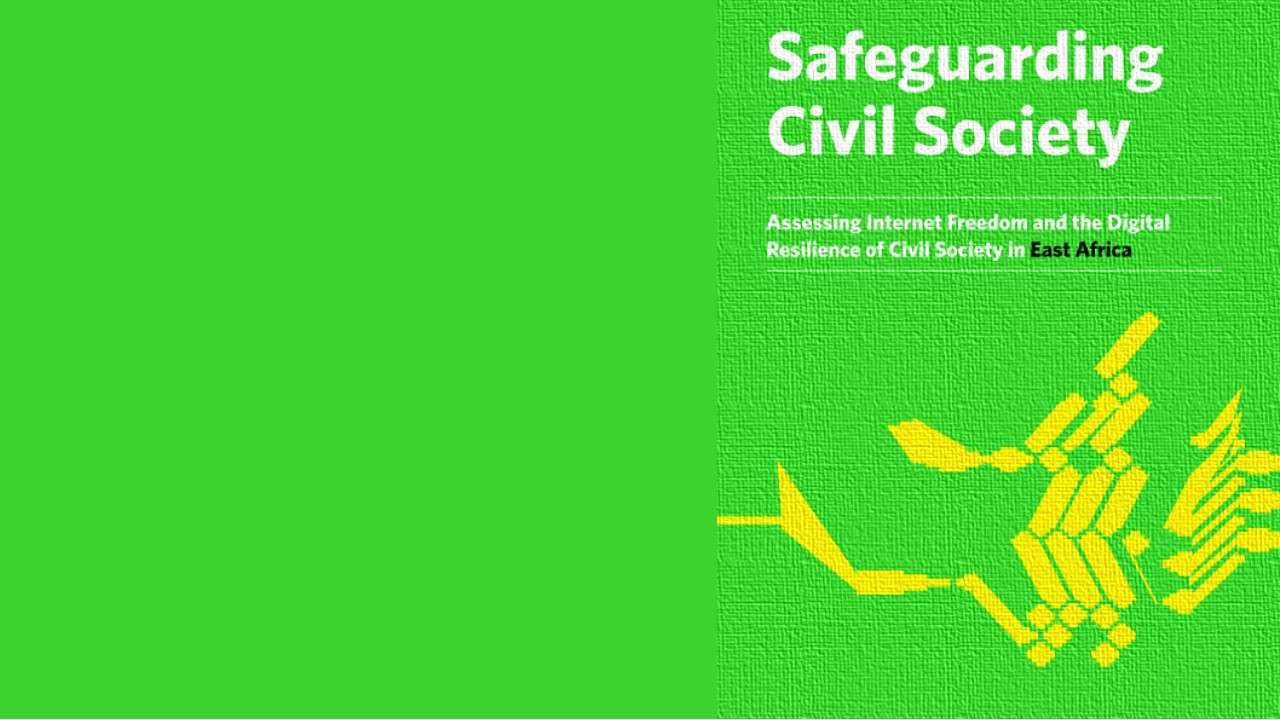By Small Media |
Over the past decade, East Africa has seen a tremendous boom in connectivity and online participation that is beginning to transform the way that citizens across the region communicate, express themselves, and establish communities. In a similar manner, the growth of internet access in the region is beginning to empower civil society organisations (CSOs) to engage with the public, share information, and advocate for citizens’ rights in sometimes challenging and closed political environments. Although the internet offers opportunities to advocates, it also offers the possibility for regional state and non-state actors to interfere with their work, surveil them, and censor their voices.
In this report Small Media, the Collaboration on International ICT Policy for East and Southern Africa (CIPESA), DefendDefenders, and Strathmore University’s Centre for Intellectual Property and Information Technology Law have sought to map out the state of internet freedom in East Africa, and assess the extent to which ongoing challenges have impacted negatively upon the work of civil society actors in the region. Although we were not able to map out the state of internet freedom across the entire region, we were able to focus our efforts on some of the lesser-studied digital landscapes – Burundi, Rwanda, South Sudan, Tanzania and Uganda.
To measure the state of internet controls in the region, we have taken the African Declaration of Internet Rights and Freedoms (ADIRF) as our key point of reference. This declaration – drafted and signed by a large array of African civil society organisations in collaboration with global internet freedom organisations – establishes a set of rigorous principles by which governments and other stakeholders must abide in order to guarantee the online rights and freedoms of citizens across Africa.
Over the course of this research, we have found that there is an urgent need for East African civil society to be given support to improve their digital resilience in the face of growing threats of surveillance and censorship across the region. In all of the countries surveyed in this report, CSOs failed to demonstrate a baseline of digital security knowledge, or else failed to implement practices effectively.


At the same time, we found that governments across the region require support to bring their policies into compliance with the principles of the African Declaration on Internet Rights and Freedoms – a set of principles developed by African internet freedom stakeholders to guarantee a free and open internet in Africa.

Small Media, CIPESA, Defend Defenders and CIPIT hope that this research can help to support the security of civil society actors, empower activists to support the principles of the African Declaration, and press their governments to adopt it.
Read the full report here.

